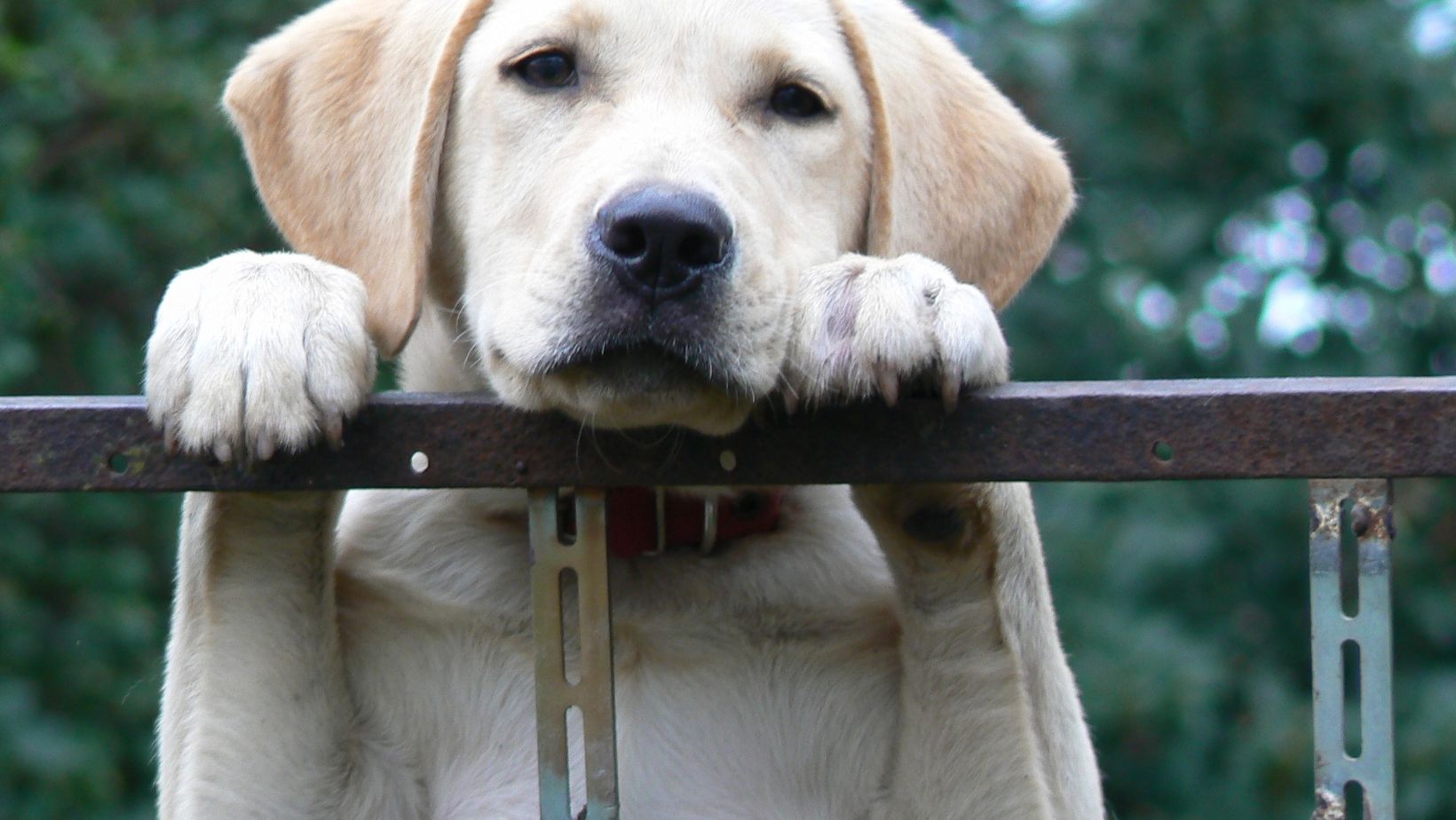How to Train a Puppy from Biting
If you’re dealing with a Labrador that bites, it’s important to address the issue promptly and effectively. In this article, I’ll provide you with practical tips on how to train your puppy to stop biting. Whether you’re a new dog owner or someone struggling with an older Labrador’s behavior, these techniques will help you tackle this common problem.
Labradors are known for their playful nature, but when their playfulness turns into aggressive biting, it can be quite concerning. The first step in addressing this behavior is understanding why your puppy is biting in the first place. Puppies often bite as a way of exploring their environment or as a form of communication. However, if not properly addressed, this behavior can become problematic.
To train your Labrador puppy from biting, start by teaching them bite inhibition. This involves teaching them to control the force of their bites and eventually eliminating biting altogether. A tried-and-true method is redirecting their attention by offering appropriate chew toys whenever they attempt to bite. Consistency and positive reinforcement are key when implementing any training technique.
Remember that training takes time and patience. It’s crucial to remain calm and consistent throughout the process. By following these guidelines and being proactive in addressing your Labrador’s biting behavior, you’ll be well on your way to having a well-behaved and happy pup.
Understanding Labrador Behavior
Labradors are known for their friendly and sociable nature, but just like any other breed, they can sometimes exhibit unwanted behavior, including biting. Understanding why Labradors bite is crucial in effectively training them to stop this behavior. In this section, we’ll delve into the factors that contribute to Labrador biting and provide insights on how to address it.
- Instinctual Behavior: Labradors have a natural instinct to explore the world with their mouths, much like human babies do by putting things in their mouths. This behavior is more common in puppies as they go through the teething phase, which can cause discomfort or itchiness in their gums. Biting helps alleviate these sensations.
- Lack of Socialization: Proper socialization plays a vital role in shaping a dog’s behavior. If a Labrador hasn’t been exposed to various people, animals, and environments during its early development stages, they may resort to biting when faced with unfamiliar situations or individuals.
- Fear or Anxiety: Similar to humans, dogs can feel fear or anxiety in certain situations. When a Labrador feels threatened or anxious, it may resort to defensive behaviors such as growling or biting as a means of protection.
- Playfulness and Excitement: Labradors are renowned for their playful nature and boundless energy levels. While most of the time this energy is channeled positively through activities like fetch or tug-of-war games, there are instances where excess excitement can lead them to nip or bite unintentionally.

Addressing Labrador Biting
To effectively train your Labrador puppy not to bite, consider implementing the following strategies:
- Socialization: Introduce your puppy gradually and positively to different people (including children), animals, and environments while ensuring safety at all times. Enroll them in puppy classes where they can interact with other dogs under supervision.
- Bite Inhibition Training: Teach your puppy bite inhibition by allowing them to play with other puppies or dogs. When they bite too hard, yelp in a high-pitched voice to mimic the sound of a hurt littermate. This will help them understand that biting causes discomfort and will discourage them from doing it.
- Positive Reinforcement: Use positive reinforcement techniques such as treats, praise, and rewards when your Labrador demonstrates desired behavior like gentle play or refraining from biting. Consistency and patience are key in reinforcing good habits.
- Redirecting Behavior: If your Labrador puppy starts nipping or biting during playtime, redirect their attention to appropriate chew toys or interactive games that engage their minds and satisfy their natural urge to chew.
Remember, training a Labrador not to bite takes time and consistency. Seek professional guidance if you encounter persistent issues or aggressive behaviors beyond normal puppy behavior. By understanding the underlying reasons for biting and implementing effective training methods, you can nurture a well-behaved and happy Labrador companion.